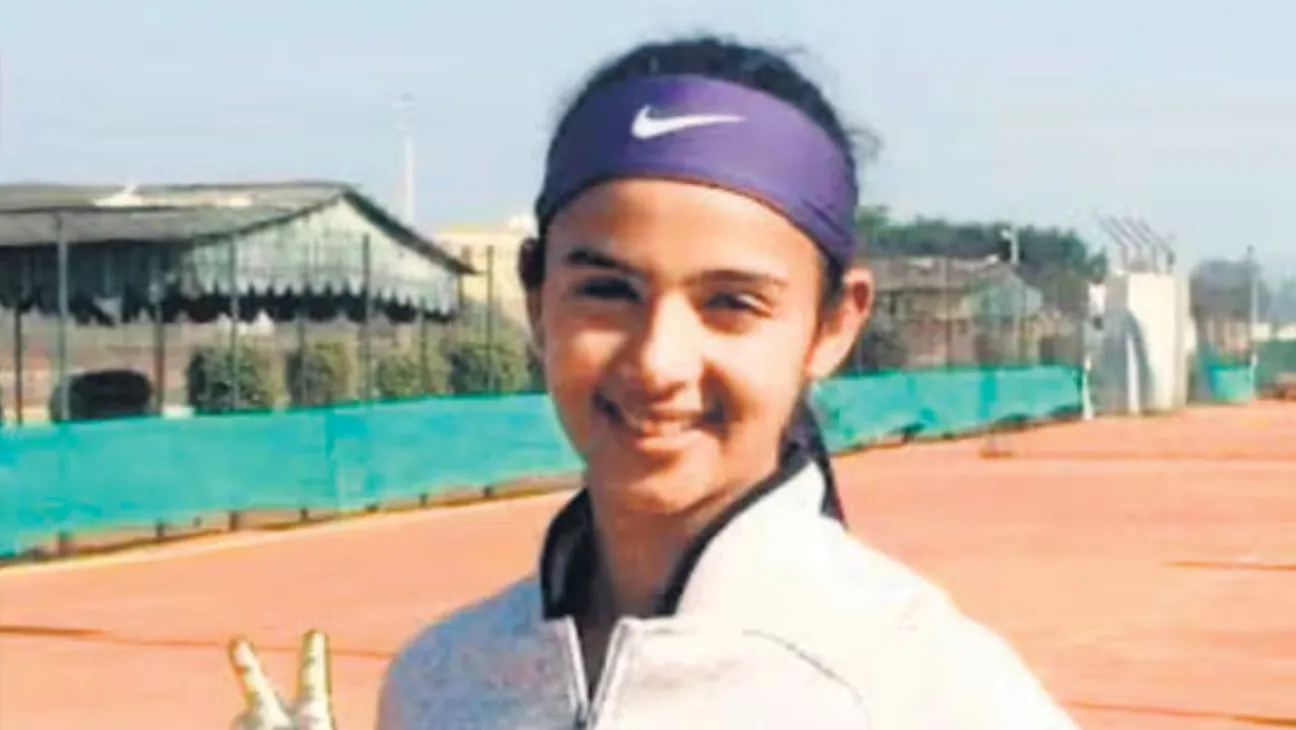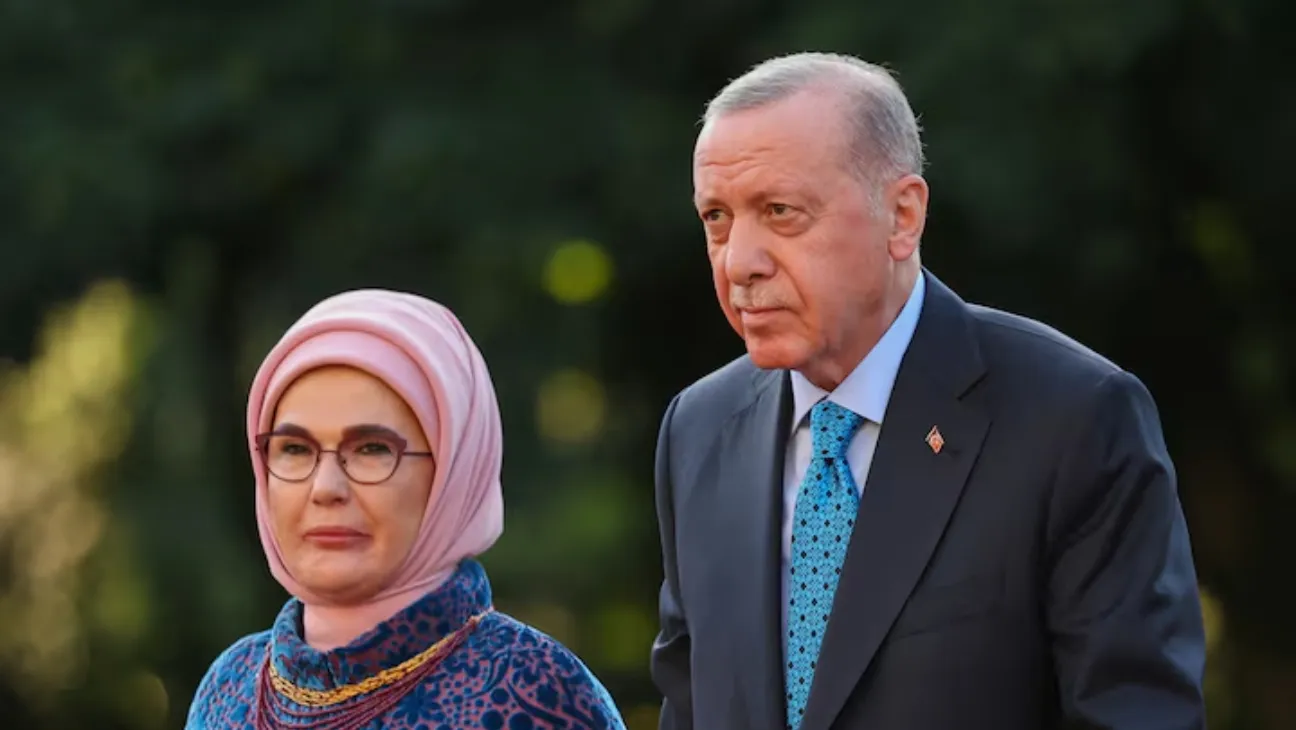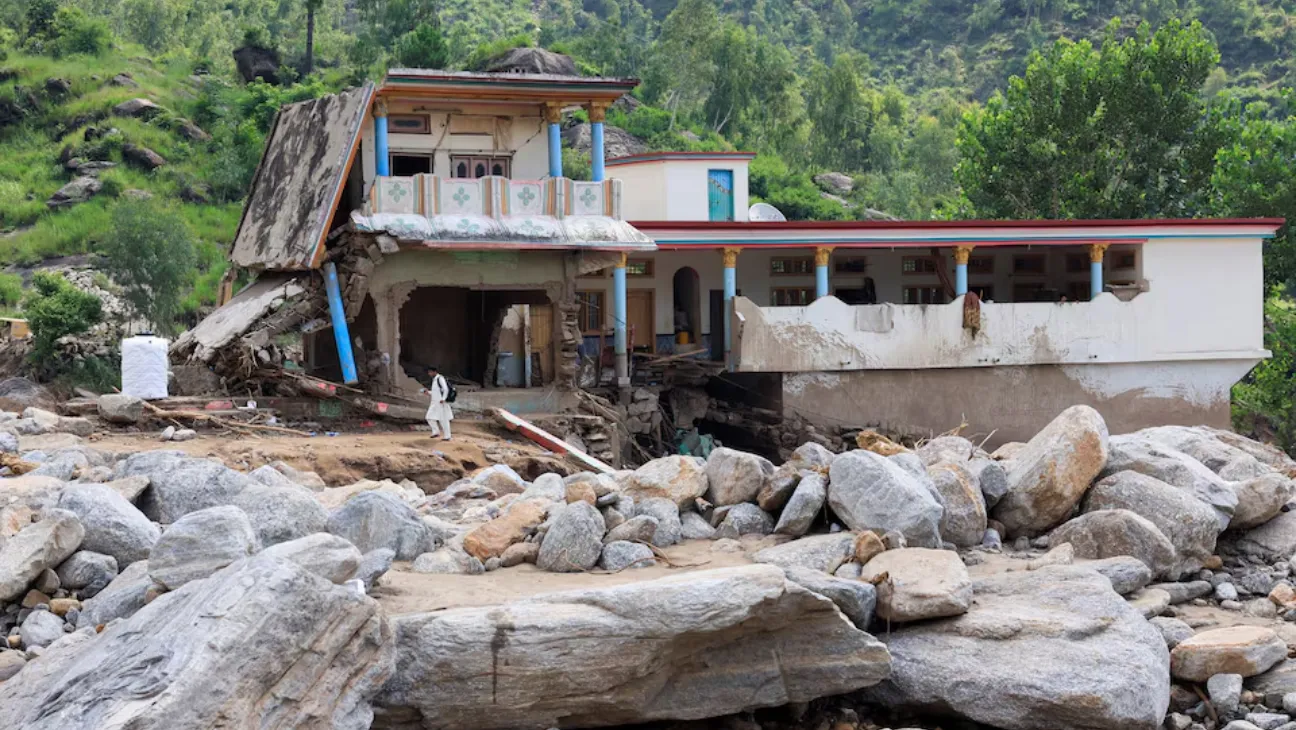The quiet lanes of Sector 57 in Gurugram woke up to a brutal shock on Thursday morning when 51-year-old builder Deepak Yadav allegedly shot and killed his daughter, tennis player Radhika Yadav, while she was cooking breakfast.
The accused, who has since confessed to the crime, told police he acted out of hurt pride and social taunts from their native village of Wazirabad. According to investigators, Deepak claimed neighbors mocked him for relying on his daughter’s earnings and questioned her character due to her public presence and sporting career.
A Career Built on Support, Ended by Violence
Radhika, 24, had been an accomplished player on the rise. She reached a career-high ITF doubles ranking of 113 and ranked fifth in Haryana. She also ran her own tennis academy, training children and building a life independent of her family’s real estate business.
Her father, by all accounts, had been supportive of her tennis dreams. Locals say he invested heavily in her training and even relocated to better neighborhoods to be closer to her coaching centers. But as her profile grew, so did local gossip, especially in their home village. Some neighbors ridiculed Deepak for letting his daughter “earn like a man.” He admitted to police that such remarks hurt his dignity.
Trigger Point in the Kitchen
On the morning of the murder, Deepak allegedly took his licensed revolver and shot Radhika four times in the back. The incident happened on the birthday of Radhika’s mother, Manju Yadav, who was reportedly present in the house.
Police say there had been frequent arguments between father and daughter in the days leading up to the incident. Deepak reportedly asked her to shut down her tennis academy, which she refused.
An autopsy confirmed four bullet wounds to Radhika’s back, piercing vital organs. The revolver used was legally issued five years ago. Police are now working to cancel Deepak’s firearms license and extend his remand for further questioning.
Family Shocked, Police Questioning the Mother
The murder has left the Yadav family shattered. Radhika’s younger brother stood in silence during her funeral. Her mother collapsed multiple times. Yet police remain skeptical about Manju Yadav’s statements, as she has declined to give a written account of what happened that morning.
“She claims she was sick and didn’t know what took place,” said Sandeep Kumar, Gurugram Police PRO. “But we are still investigating her role, if any.”
A Community in Mourning, A Society in Conflict
Radhika’s death has left a hole in Gurugram’s sports scene, where grief is quickly mixing with rage. Her coach, Manoj Bhardwaj, saw her talent up close. He talks about a player who wasn’t just dedicated, but who genuinely loved sharing the sport. “She loved teaching kids,” he shared. “She had potential to go international.”
Students of her academy held a silent vigil and wrote “Justice for Radhika” on the whiteboard in her training hall.
For many, the murder represents more than a domestic dispute. Local ward councillor Soniya Yadav called it a societal failure. “This is what happens when men are conditioned to associate pride with control. When that control slips, violence follows,” she said.
In contrast, some residents from the Yadavs’ native village offered a different view. “He left the village and gave her everything. Maybe there was something serious we don’t know,” said former village chief Sube Singh Bora.
A Stark Reminder
Gurugram is a city of contradictions. It sells the dream of a modern life—shiny offices, big paychecks—but still expects people to live by yesterday’s rules. A woman’s ambition is celebrated in the boardroom, but can be treated as a rebellion at home. That’s the real conflict: freedom and control sharing the same address.
Radhika was building a life on her own terms. Now, her death forces us to ask how much progress has really been made when a woman’s biggest danger can be her own family.









